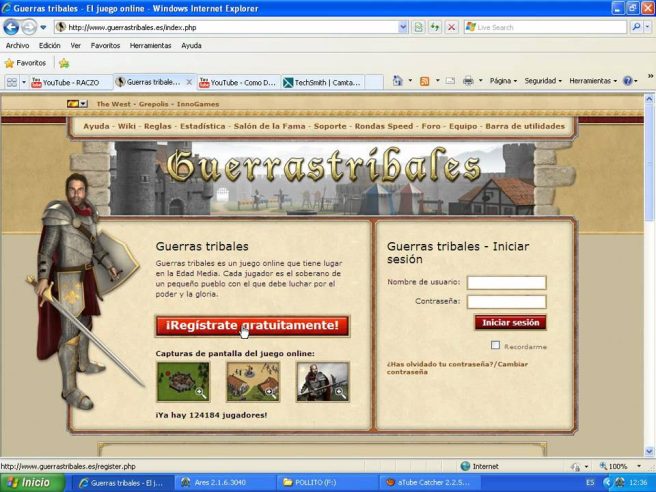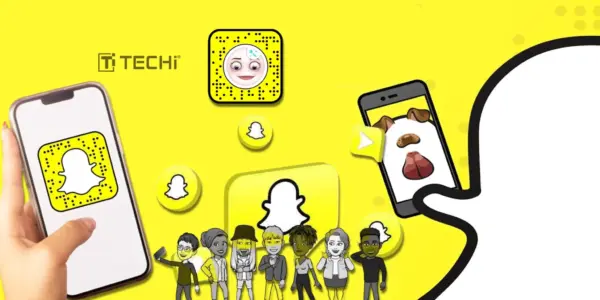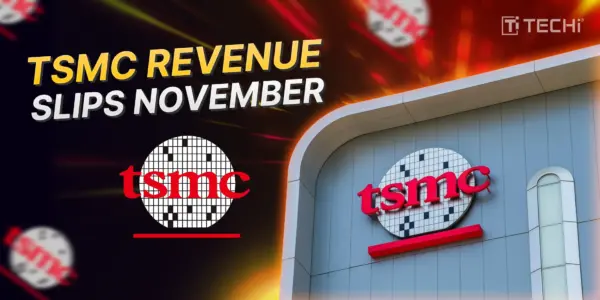Normally I don’t mind trends, so long as I don’t actually have to participate in them. However, there is one trend that needs to be over yesterday: turning everyday tasks into games.
For those of you who haven’t seen the onslaught of tasks-as-games app, here’s a brief run-down of some of the more popular ones:
- 0Boxer: Organize Your Gmail and Have Fun Doing It
- Epic Win: Level Up Your Life: Make Being Organized As Much Fun As Gaming with Epic Win-the to-do list app with an RPG setting
- Chore Wars: Finally You Can Claim Experience Points for Housework
They Drag Out Tasks
What is most rewarding about chores or a long to-do list? Getting done with it is as soon as possible so you can move on to something else. The game aspect might make a task more enjoyable, but it’s still not going to be fun and I’m still not going to like having to do dishes. The game is going to take up more time that could be better used doing something that I actually enjoy, not just an improved version of something I don’t.They Don’t Offer Any Incentive to Get Things Done Better, Faster, or More Efficiently
Games are nice and all, but NONE of them seem to offer any tips on how I can do better. 0Boxer doesn’t offer me tips on how I process my email faster to climb up the ranks, Chore Wars doesn’t tell me how I can better clean my floors, and Epic Win doesn’t give me any tips on the fastest route around the grocery store.Maybe I’m asking for too much, but it seems that if you’re going to turn these tasks into a game with rules, they should at the very least come with a strategy guide.
If You Have Any Competitive or Obsessive Personality Traits, Kiss Productivity Good Bye
Anyone know anyone who’s hyper-competitive? Or who already tends to be a little overzealous about keeping their inbox empty? Yea, those are going to be the people who try these types of games first. And you know who will benefit the least from these games? You guessed it: hyper competitive and obsessive people.Why is this such a bad thing for them? These are the people who get so hooked on the game those mundane tasks are going to become a critical part of their everyday lives-which is fine, except, well, they’re mundane tasks. Do they have to be done? Absolutely! Are they going to change your life in the same way that big project you should be working on will? No. They aren’t.
And For Everyone Else
Ok, so you’re not hyper-competitive or have an obsessive personality. Chances are you’ll be bored of the game in a few weeks. It’ll get old. You’ll move on.This tasks-as-games trend needs to end now. It’s not helping productivity and it’s not really improving anything. Want to improve those mundane tasks? Reward yourself with something you LOVE to do after. Don’t use the latest tasks-as-games trend to do it.




